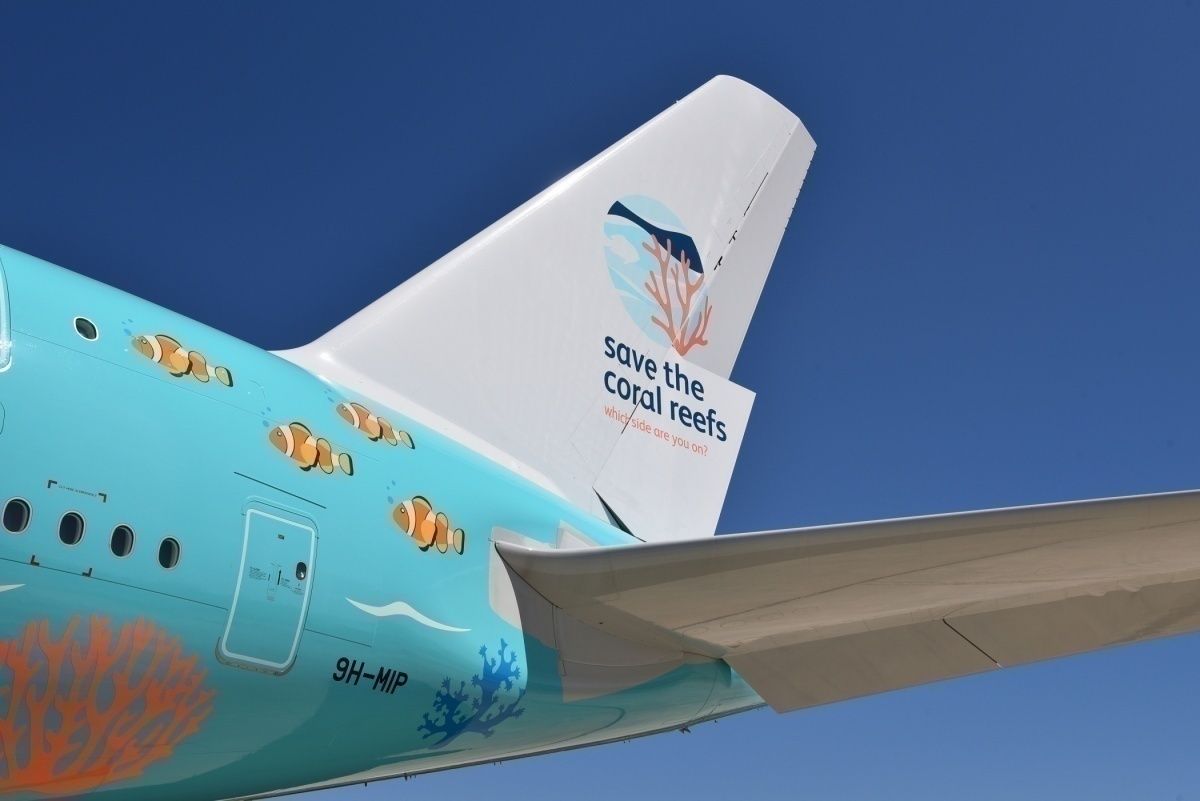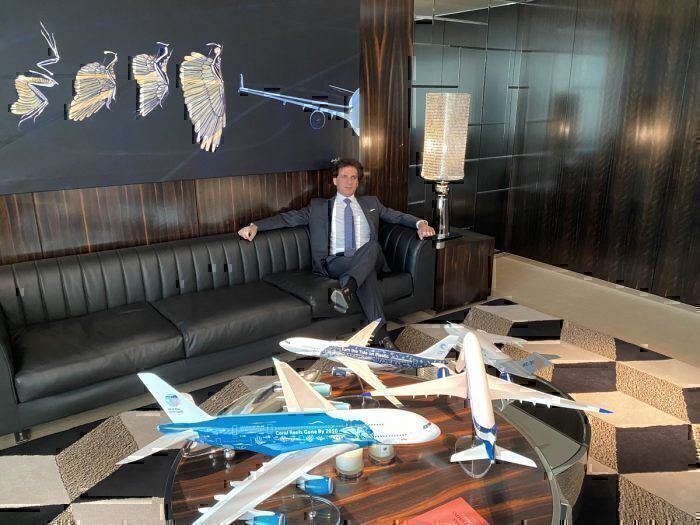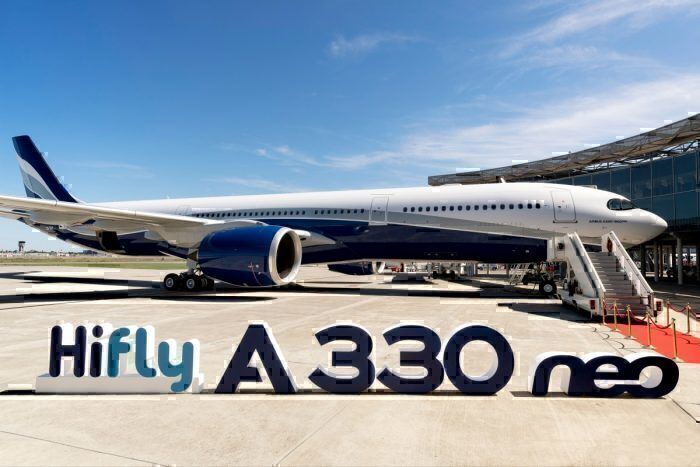The wet lease airline Hi Fly is well known for its environmental initiatives. From operating plastic-free flights to campaigning through eye-catching liveries, Hi Fly’s commitment to the world around us is impressive. We caught up with CEO of Hi Fly, Paulo Mirpuri, to find out his own thoughts on flight shame and the future of aviation.
What does Hi Fly think of flight shame?
It would appear that the issue of flight shame has not yet reached Portugal, or at least not as far as the wet lease market. Initially, Dr. Mirpuri appeared to be unaware of the concept, but after a brief explanation he offered up his take on the situation,
“My view is very simple in that respect; I think that people should continue to fly.”
While we completely agree with that, there’s no getting away from the notion that flying is bad for the planet. OK, so perhaps it’s not as bad as shipping, buying cheap clothes from China or eating meat every day, but it’s still responsible for 2% of global man-made CO2 emissions, and that’s something the industry wants to change.
Hi Fly previously told us about its plans to become carbon neutral in the very near future. And they’re not alone. easyJet has announced plans to offset all its CO2 emissions, and even JetBlue in the US is starting to take steps to drive down its carbon footprint.
Nevertheless, air connectivity is hugely important to the global economy and to the communities and destinations involved. Not only that, by Dr Mirpuri believes that it’s important to the innovative nature of the industry to keep demand high. He explained,
“By keeping the airline industry going on, and knowing that fossil fuels will not last forever, eventually, in the future, engines will transition into more friendly engines. Maybe electrical engines, maybe another type of engines, but independent from fossil fuel.
“Everybody knows that [fossil fuel] is a resource that will not last forever. But we will not reach that stage if people will stop travelling. Right? If nobody is travelling, airlines will not exist. Innovation will stop.”
Profitability is key to innovation
Dr Mirpuri is confident that airlines can only invest in innovations if they continue to run a profitable operation. He told us,
“[if people stop flying] They cannot be profitable enough to continue to innovate. I believe that airlines are amongst the most environmentally conscious transportation companies compared to other ones. Because as an industry we are committed to cut carbon emissions significantly. “
The aviation industry certainly is committed. Aside from individual airlines’ efforts to reduce CO2, wider-reaching schemes like CORSIA promise a lower carbon future. And though you might think airlines are looking to manufacturers like Airbus or engine makers like Rolls Royce to deliver carbon savings, in many situations, that’s not the case at all.
We’ve seen it countless times, from SAS and Finnair teaming up to develop electric aircraft to KLM investing in recycling and new aircraft concepts. Airlines want to take the lead and are prepared to put their money where their mouth is to secure a greener future. Without profitable operations, there will be no money to innovate. We’ll leave the last word on the subject to Dr. Mirpuri:
“Carbon emissions have been cut by using technology and improving operational procedures, as well as by using more efficient engines etc. So, the aviation industry believes it’s only responsible for 2 or 3% of the emissions. Perhaps it’s better that people think about stop eating so much meat which is responsible for 16% of the emissions. So, 8 times more. So that’s my view.”
What’s your view on flight shame and aviation’s carbon footprint? Let us know in the comments.



